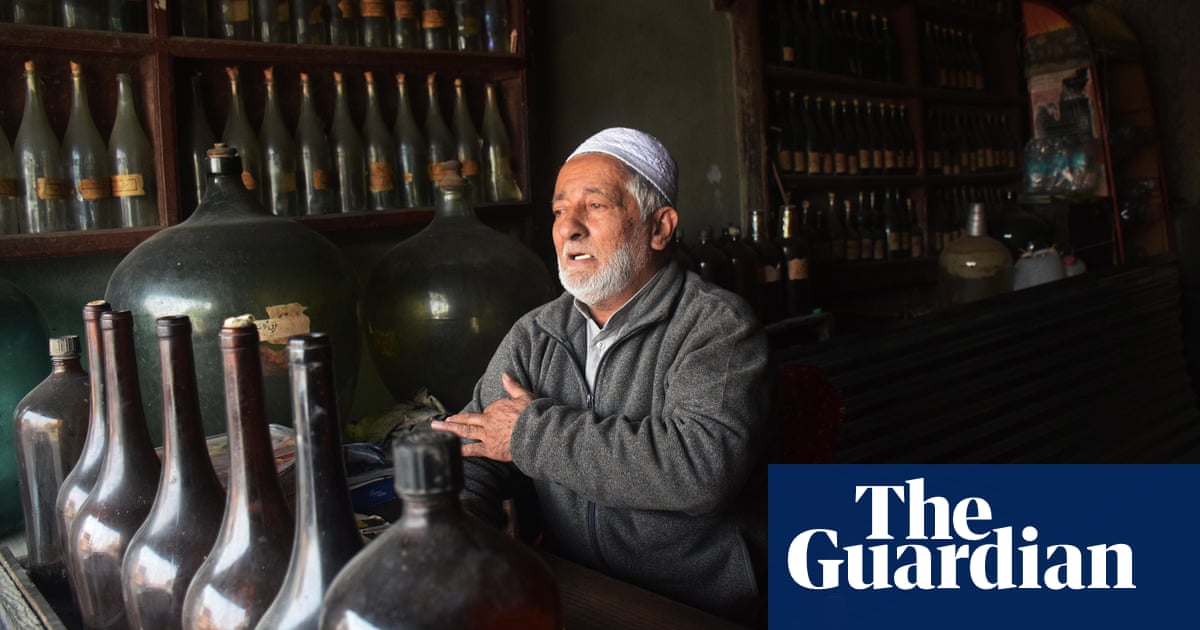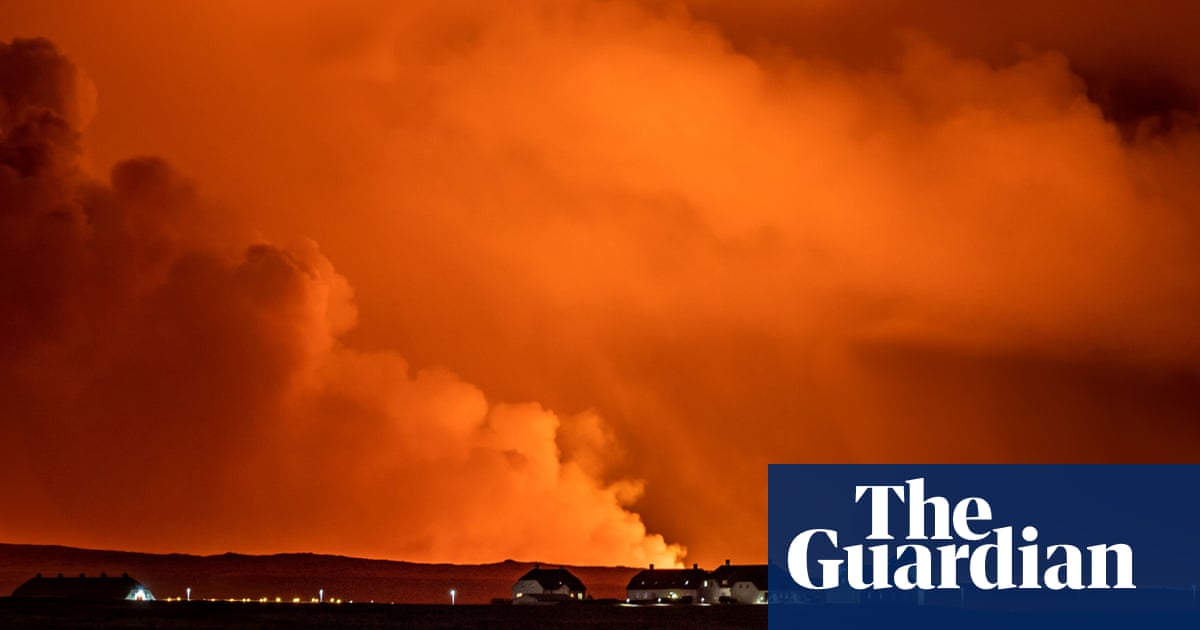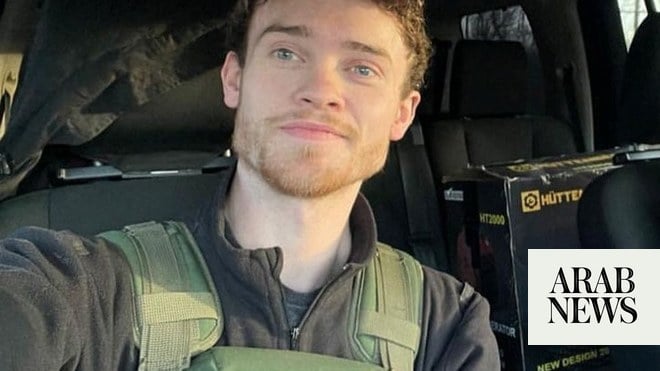
Just over half a mile away from the Bab al-Hawa border crossing connecting Syria and Turkey a 6th-century triumphal arch still stands, the remains of a Roman road stretching straight as an arrow on either side. For millennia this part of the world has been a crossroads of trade, culture and history. Today, it’s more important than ever.
Bab al-Hawa is Syria’s last lifeline, through which vital UN aid supplies for 3.4 million people living in the war-torn north-west of the country arrive. But before 10 July, the security council must vote in New York on whether to keep the aid flowing. What might seem like an obvious decision to outsiders is actually far from certain: Russia may use its veto power as a permanent member of the council to close the UN’s last access point, as it has managed to do with the other three aid crossings.
That the UN’s assistance for Syrians living outside the regime’s control could suddenly end this week is a reminder not just that the international community has failed the Syrian people, but how the conflict has broken the mechanisms built to keep the world safe.
Compared with many areas deeper inside the country, Bab al-Hawa is an island of order and stability: manicured lawns and trees surround the crossing offices and the asphalt is clean and smooth. Hundreds of aid and commercial lorries pass through each day.
Employees inspect more than 30,000 tonnes of aid a month, about 60% of which comes from the UN. The vast majority – 87.5% – is food, with the rest made up of medicine, other health supplies, clothes, sanitation and hygiene equipment, according to the crossing’s spokesperson, Mazen Alloush.
“If the UN aid entry is suspended, the crossing won’t close, but it will be a catastrophe,” aid worker Bakri al-Obeid said. “The knock-on effects would be huge: about 1.8 million people living in camps will lose food supplies, 2.3 million will lose clean water, and half of the hospitals will lose funding. Food prices will go up and bakeries will close down.”
Across north-west Syria, need is acute. After a decade of war, the area is the last that remains outside Bashar al-Assad’s control, after military intervention from his Russian allies in 2015 turned the tide of the war in the government’s favour. The population of Idlib city and the surrounding countryside has swollen from one million to about 3.4 million as displaced people have fled the regime’s advance, with two-thirds living in camps or other makeshift accommodation.
The region is, for the most part, ruled by an Islamist militant group, leaving civilians trapped between the two forces. A 2020 ceasefire is routinely ignored: regime airstrikes regularly target civilian infrastructure, stretching the limited health facilities to breaking point.
Last year’s collapse of the Syrian pound sent food prices soaring, and the arrival of Covid-19 has exacerbated the level of need across the entire country – but the north-west is suffering the most.
“If the aid crossing is closed, we would have to shut down the hospital operations within a week,” said Dr Tarraf al-Tarraf, a urologist who switches to emergency surgery whenever there is a new wave of bombings. “It will be a total disaster … Closing Bab al-Hawa is using aid as a weapon.”
International aid has been deeply politicised since the beginning of the Syrian crisis. “It was clear right from 2011 that it was going to be hard to get the Russians to engage in any meaningful way,” a senior western diplomat said of early UN efforts to stop the regime’s violence against Arab spring protesters.
After it became clear that a series of peace talks known as the Geneva process, along with other diplomatic efforts, were not going to bring a timely end to the fighting, many at the UN decided to focus on what could be done to alleviate the humanitarian situation.
Eventually, in 2014, member states agreed on Resolution 2165, built on legal justifications, which allowed the UN to operate without the permission of the Damascus government and provide aid directly to rebel-held areas through four border crossings – two with Turkey, one with Iraq and one with Jordan.
“It was a very difficult negotiation, but we were able to push it through by taking advantage of the fact the Ukraine crisis was unfolding as well as the Winter Olympics in Sochi, putting Moscow on the back foot,” the diplomat said. “It was a huge breakthrough in our efforts to bring relief to the people of Syria. Even if it didn’t work as smoothly as we would have liked, it was a big step.”
In January 2020, however, arguing that the ground situation had changed, Russia used the threat of a total veto to cut the crossing on the Iraqi border; in July, it cut another in the north-west. (Al-Ramtha, on the Jordanian border, became less crucial after 2018, when the regime took back control of the area.)
Today, only Bab al-Hawa remains – and the Russian delegation to the UN has hinted again that it will veto extending the resolution’s mandate when it expires next week.
Moscow has long maintained that all, rather than part of the UN’s aid to Syria should be distributed centrally through the Syrian government, blaming Hayat Tahrir al-Sham, the militant group in control in Idlib, along with Turkey, which backs some rebel groups, for not allowing aid from Damascus.
Based on bitter experience, however, Syrians in the north-west know that if the regime controls the flow of aid, they are unlikely to see any of it. “When eastern Ghouta was under siege the only humanitarian corridor was with the regime,” said Obeid. “People there starved to death.”
Efforts to keep Bab al-Hawa open – and restore the other two crossings – have gone into overdrive in capitals across the world before the New York showdown. Mark Cutts, the UN’s deputy regional humanitarian coordinator for Syria, said it is crucial that member states understand the scale of the potential crisis.
“We have managed to run a massive aid operation for 10 years, supporting civilians on different sides of the front line. We need security council support to continue providing cross-border aid in north-west Syria, where there is artillery shelling and bombing virtually every day,” he said.
“The war is not over. Our cross-border operation from Turkey has proven to be the safest and most direct route. To cut off that lifeline would be a crime.”
While aid agencies have realised since the first crossing was closed in 2020 that they may need to make contingency plans to bypass the UN and rely instead on local partners, there is no real or immediate working alternative to Bab al-Hawa.
The vote is also being watched warily by Washington and Moscow as a harbinger of future relations. “The problem is that, even if Moscow doesn’t use its veto this time, it just kicks the can down the road for six months, or maybe a year, depending on how long the mandate is extended for,” said Dareen Khalifa, senior Syria analyst with the International Crisis Group.
“Putting the lifeline of three million Syrians up for negotiations every six to 12 months, is an unsustainable situation. And Syrian civilians end up paying the price.”












